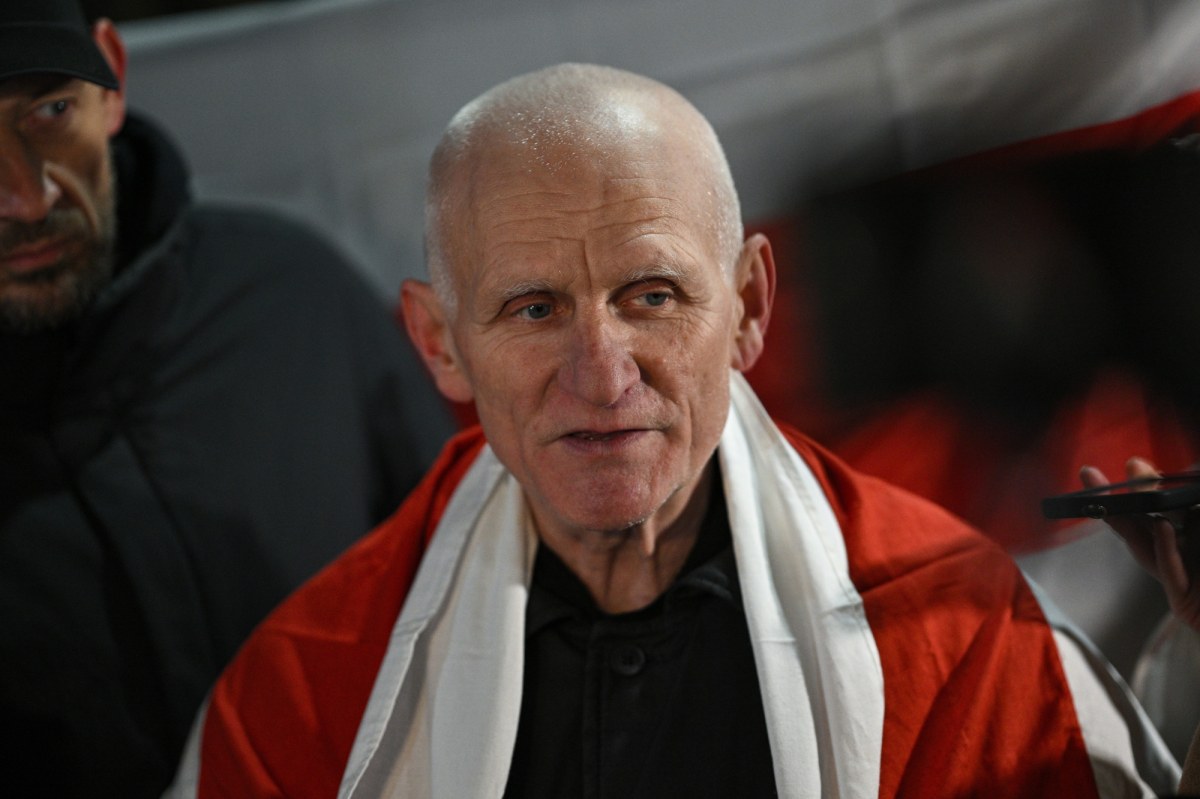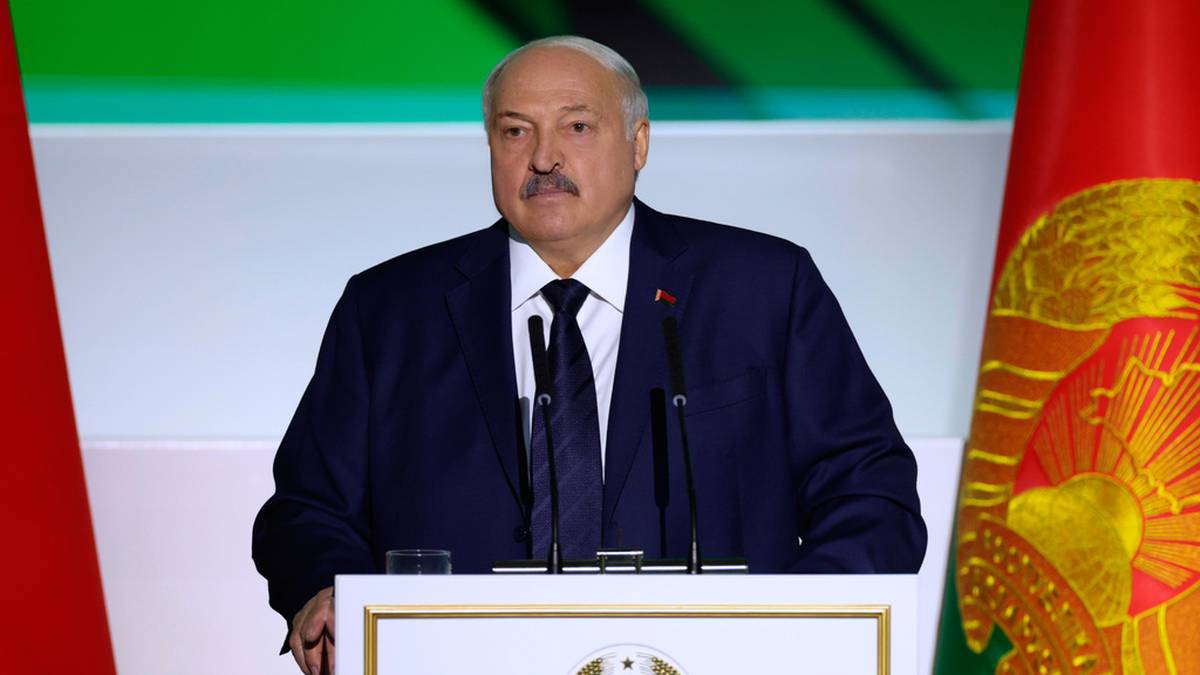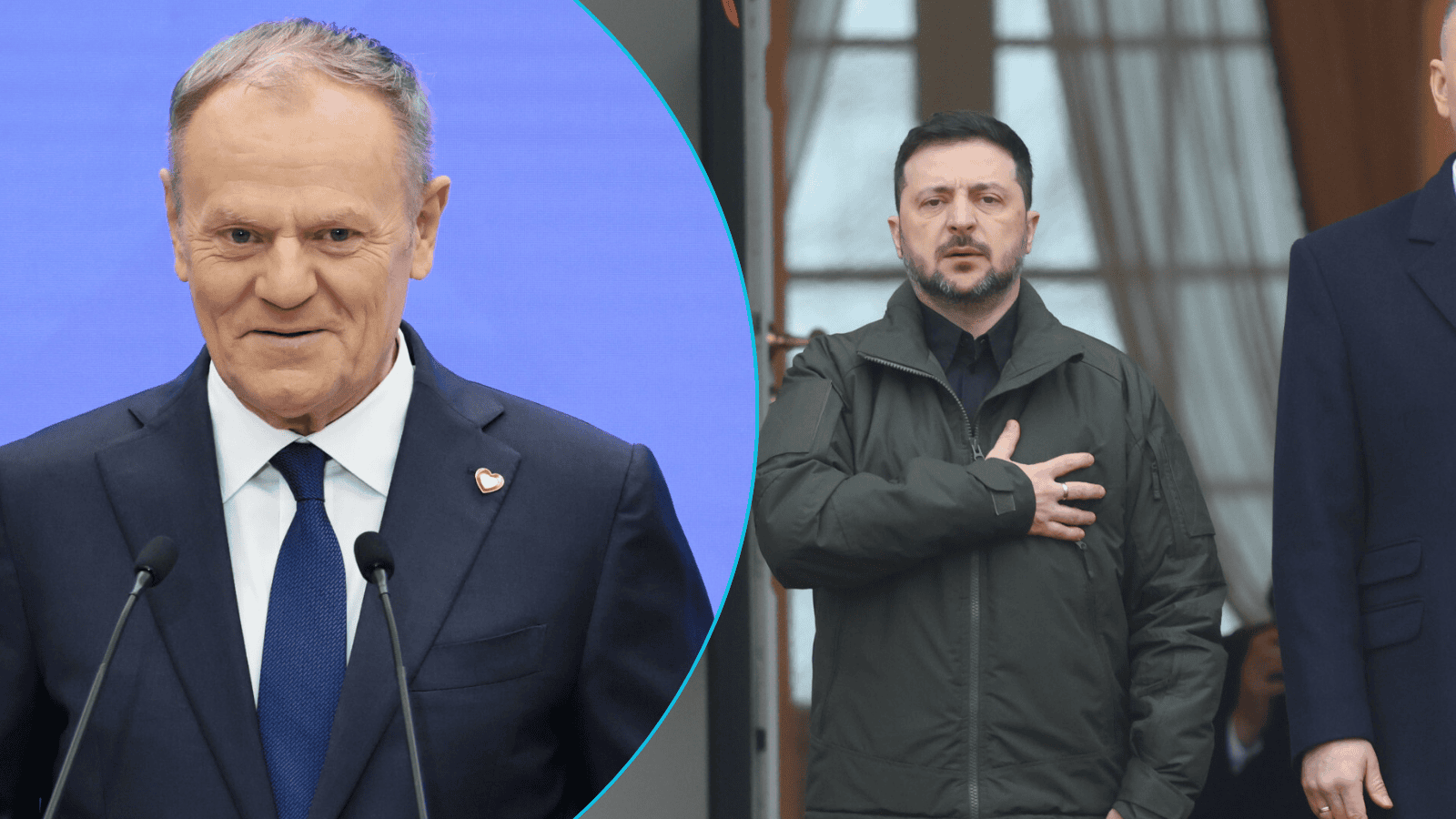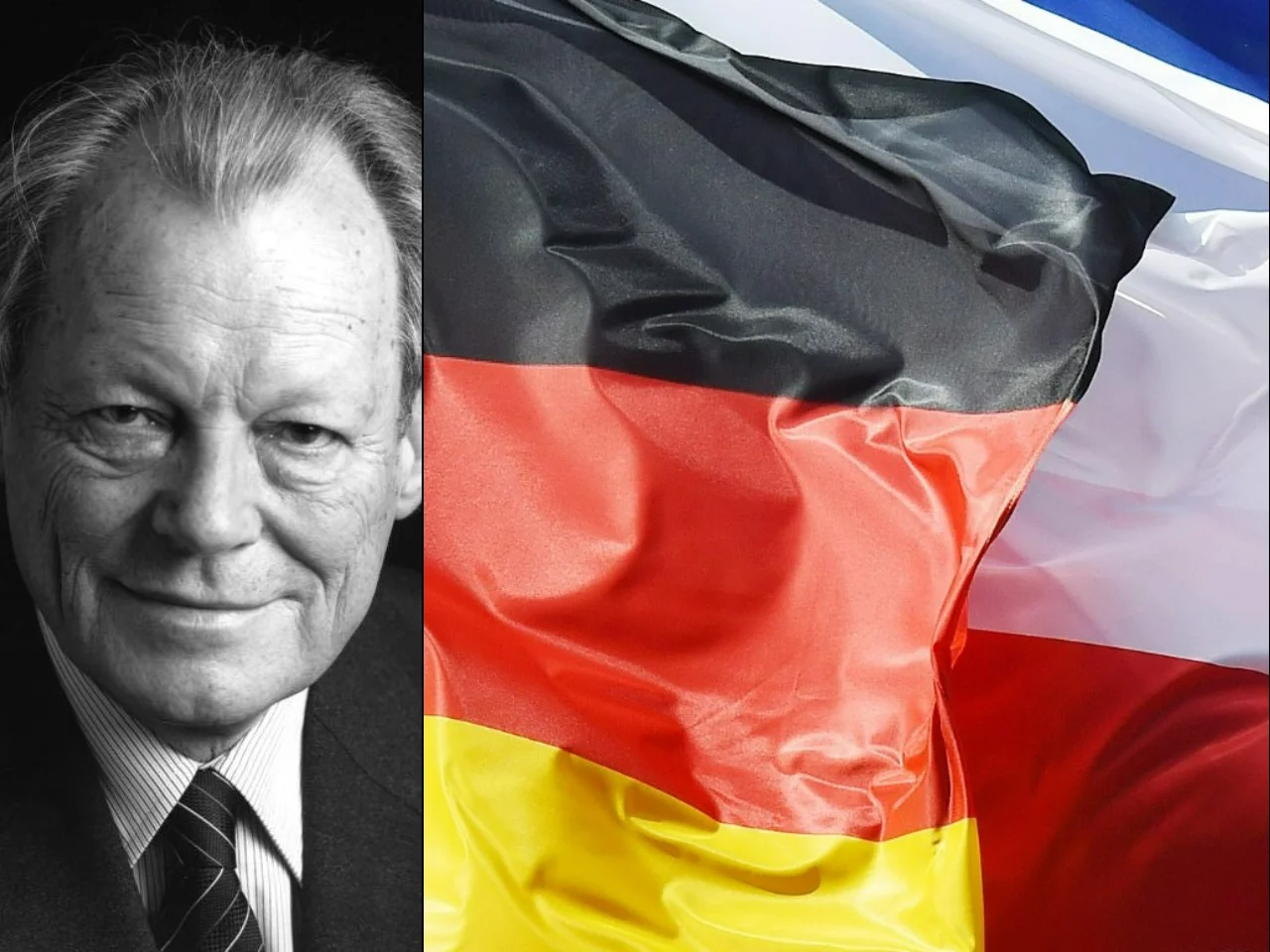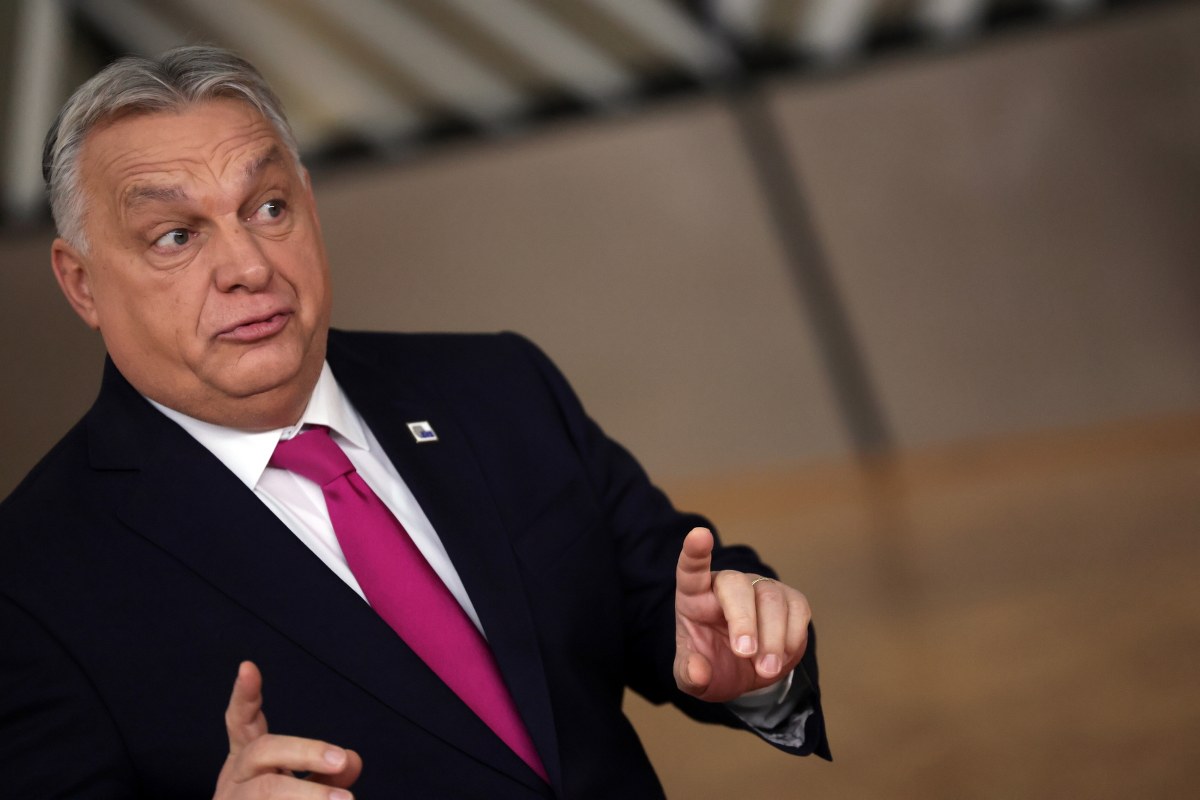
Wizz Air has firmly established itself as one of Europe’s leading ultra-low-cost carriers, rivalling the likes of Ryanair and easyJet across the continent.
Based out of Budapest, the airline is recognised for its rapid growth and sharp expansion into both Western and Eastern Europe, all while maintaining one of the leanest cost structures in the industry.
The carrier operates a fleet of over 200 Airbus aircraft, and its network covers more than 50 countries, with a particular dominance in Central and Eastern Europe.
In the fiscal year ending March 2025, Wizz Air transported close to 62 million passengers, continuing its rebound from the challenges of the early 2020s. However, profitability remained under pressure, with fuel price volatility and operating costs biting into margins.
The company still managed to post revenues north of €5.1 billion, though its net income was not as robust as in earlier peak years. Against this backdrop, the airline’s long-time chief executive, Jozsef Varadi, has drawn attention both for his leadership and his rising compensation package.
Here is everything you need to know about the Wizz Air boss, his background, and how much he is being paid in 2025.
 Photo: Wizz Air (via LinkedIn)
Photo: Wizz Air (via LinkedIn)Who is Wizz Air CEO Jozsef Varadi?
Jozsef Varadi co-founded Wizz Air in 2003, taking on the role of chief executive from the very beginning. Before his own aviation venture, he served as the CEO of Malev Hungarian Airlines and worked in senior management positions at Procter and Gamble.
His corporate grounding gave him a strong background in efficiency and brand building, qualities that have shaped Wizz Air into one of the most disciplined carriers in the European market.
Varadi is known for his ambitious approach, often pushing Wizz Air into new markets where traditional airlines have hesitated. His strategy has leaned heavily on fleet expansion through large Airbus orders, low unit costs, and a willingness to take calculated risks.
Under his watch, Wizz Air went public on the London Stock Exchange in 2015 and has since grown into a multi-billion-euro airline group.
While sometimes a divisive figure for his sharp focus on cost-cutting and strict operational discipline, Varadi’s leadership style has undeniably placed Wizz Air among the fastest-growing airlines in the world.
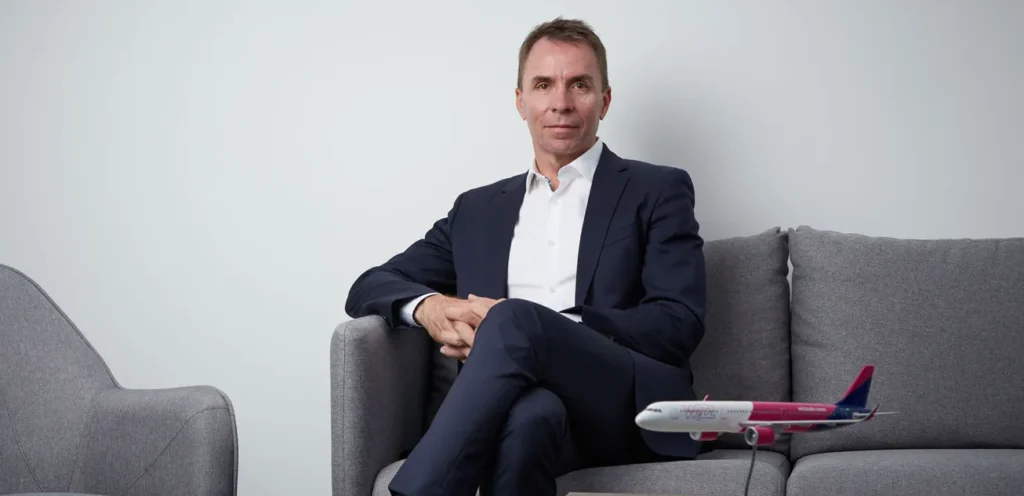 Photo: Wizz Air
Photo: Wizz AirWizz Air CEO Jozsef Varadi’s Salary in 2025
For the financial year ending 31 March 2025, Jozsef Varadi received a total compensation package worth approximately €3.89 million (around US$4.2 million). This was a significant increase from the previous year’s €1.3 million.
The breakdown of his pay included:
- Base salary: 775,000 euros
- Restricted share award: 2.3 million euros (a one-off grant equivalent to 300% of his salary, awarded in October 2024)
- Other incentives and benefits: remainder, making up the balance of his total package
The sharp increase in his pay was largely tied to the restricted share award, which vested despite Wizz Air reporting weaker profits. The grant was designed as part of a long-term incentive programme but immediately drew attention from shareholders and the wider market.
ALSO READ: easyJet CEO Salary in 2025
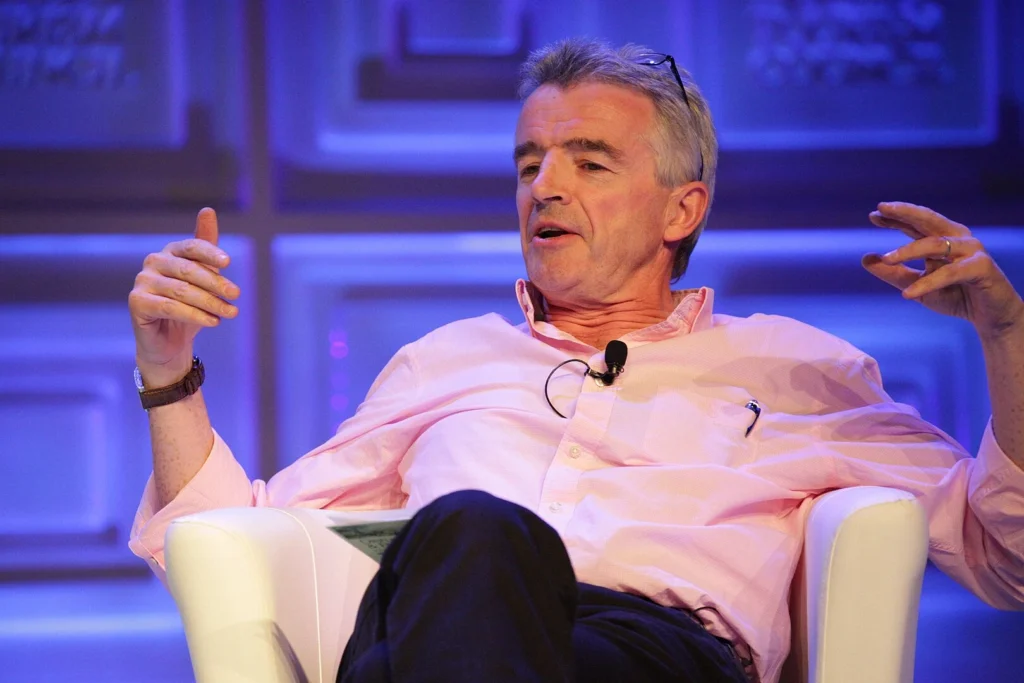 Photo: By World Travel & Tourism Council – Michael O’Leary, CEO, Ryanair, CC BY 2.0, https://commons.wikimedia.org/w/index.php?curid=54703627
Photo: By World Travel & Tourism Council – Michael O’Leary, CEO, Ryanair, CC BY 2.0, https://commons.wikimedia.org/w/index.php?curid=54703627Wizz Air CEO Jozsef Varadi’s Salary Compared to the Rest
To better understand how Wizz Air’s CEO is paid, it’s helpful to look at the other two giants in Europe’s low-cost space: Ryanair and easyJet.
At Ryanair, CEO Michael O’Leary took home about £3.88 million (€4.55 million) in 2024, putting him slightly ahead of Varadi’s 2025 package. Ryanair remains the largest and most profitable of Europe’s budget carriers, which partly explains the higher compensation. O’Leary has also been at the helm for decades, and his long-standing contract includes several layers of incentive-based pay.
Over at easyJet, the newly appointed CEO, Kenton Jarvis, is on a base salary of £800,000 (€930,000) as of January 2025. His total compensation for the year will depend on performance-linked bonuses and other benefits, but it is still expected to be lower than Varadi’s 2025 take-home.
What these comparisons highlight is that Varadi’s remuneration now firmly places him among the most highly paid airline chiefs in Europe, despite Wizz Air being smaller than Ryanair and only modestly larger than easyJet.
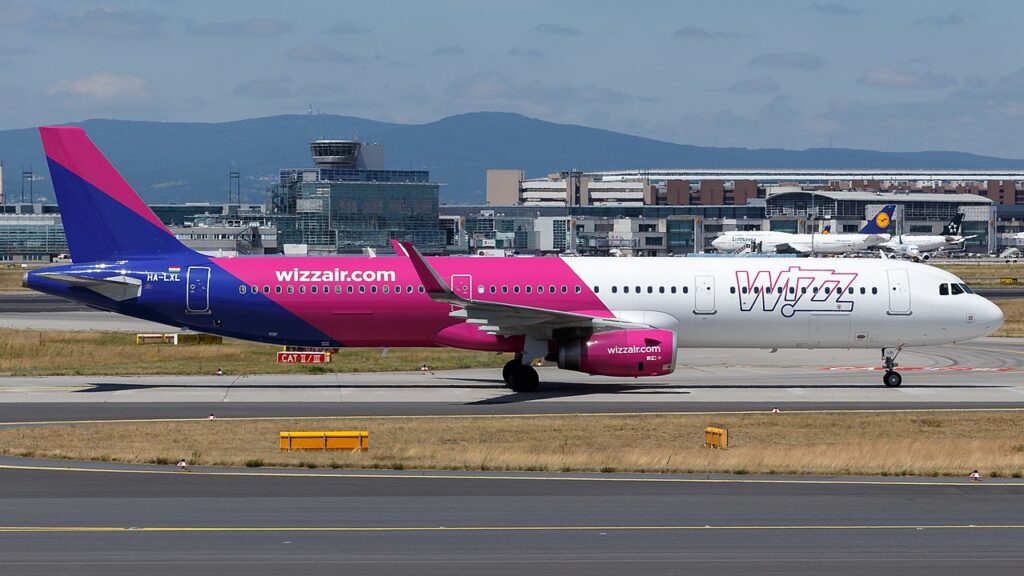 Photo: By tjdarmstadt – IMG_9636.jpg, CC BY 2.0, https://commons.wikimedia.org/w/index.php?curid=61529963
Photo: By tjdarmstadt – IMG_9636.jpg, CC BY 2.0, https://commons.wikimedia.org/w/index.php?curid=61529963Wizz Air’s 2025 Plans
Looking forward, Wizz Air has laid out ambitious growth strategies for 2025 and beyond. The airline has more than 350 Airbus aircraft on order, which will see its fleet double in size by the end of the decade.
A significant portion of these deliveries are next-generation A321neo aircraft, which promise lower fuel burn and operating costs.
The airline has also been ramping up its presence in the Middle East and Central Asia, with new bases and routes opening across the region. At the same time, Wizz Air is pushing deeper into Western Europe, challenging incumbent carriers on trunk routes while maintaining its dominance in Central and Eastern Europe.
Financially, the airline expects to surpass 70 million passengers carried in the 2025–26 period. Management has indicated that cost control will remain a top priority to narrow losses and steer the airline back towards stronger profit margins.
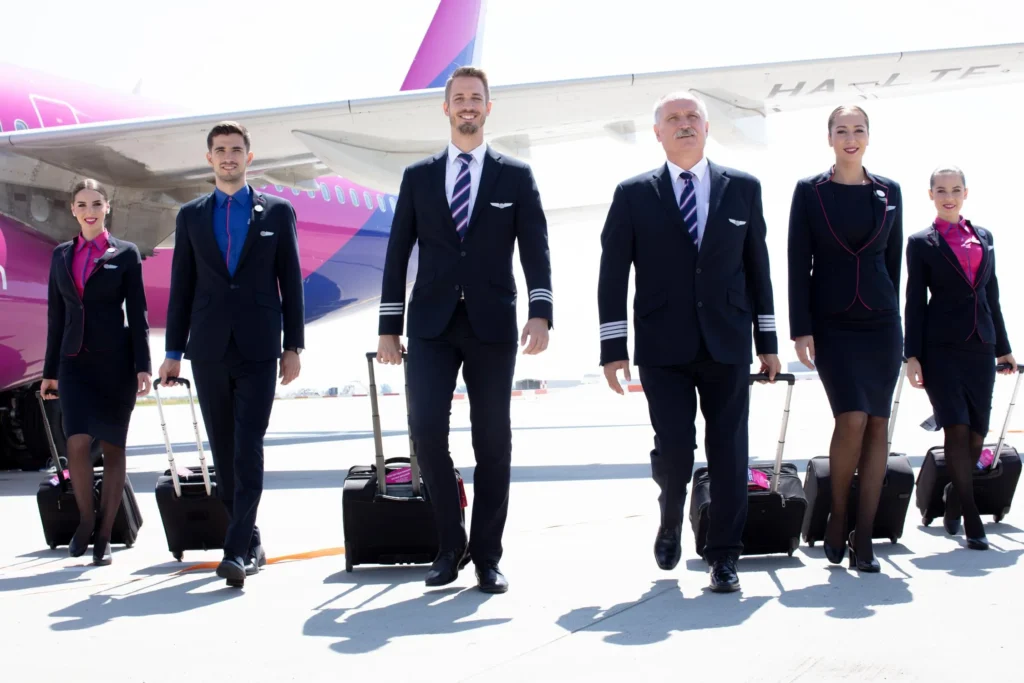 Photo: Wizz Air
Photo: Wizz AirBottom Line
Wizz Air’s CEO, Jozsef Varadi, remains one of the most influential figures in European aviation. His compensation in 2025, nearly €3.9 million, underlines the value placed on his leadership by the airline’s board, even as shareholders voice concerns over the balance between rewards and results.
When compared with Ryanair and easyJet, Varadi’s pay firmly places him in the top bracket of airline bosses in Europe, a remarkable feat for a carrier that only launched two decades ago. With growth targets set high, a massive fleet expansion underway, and further share-based incentives lined up, his role will continue to be closely watched.
Ultimately, Varadi’s pay package is not just a reflection of his past success but also a bet on Wizz Air’s future. Whether the airline can deliver on its ambitious 2025 plans will decide how justifiable that figure looks when shareholders gather again next year.
FAQs about Wizz Air CEO Jozsef Varadi
In 2025, Varadi earned a total of about €3.89 million (US$4.2 million). This included a base salary of €775,000 and a restricted share award worth €2.3 million.
Ryanair’s Michael O’Leary earned around €4.55 million in 2024, making his package slightly higher than Varadi’s. EasyJet’s Kenton Jarvis, however, is on a lower base salary of £800,000 (€930,000), with performance bonuses to be determined.
The controversy stemmed from a restricted share award of 2.3 million euros, granted despite the airline facing weaker profits. About 35% of shareholders opposed the pay report at the AGM.
Stay tuned with us. Further, follow us on social media for the latest updates.
Join us on Telegram Group for the Latest Aviation Updates. Subsequently, follow us on Google News
British Airways CEO Salary and Compensation
The post Wizz Air CEO Jozsef Varadi Salary in 2025 appeared first on Aviation A2Z.

 2 miesięcy temu
2 miesięcy temu
